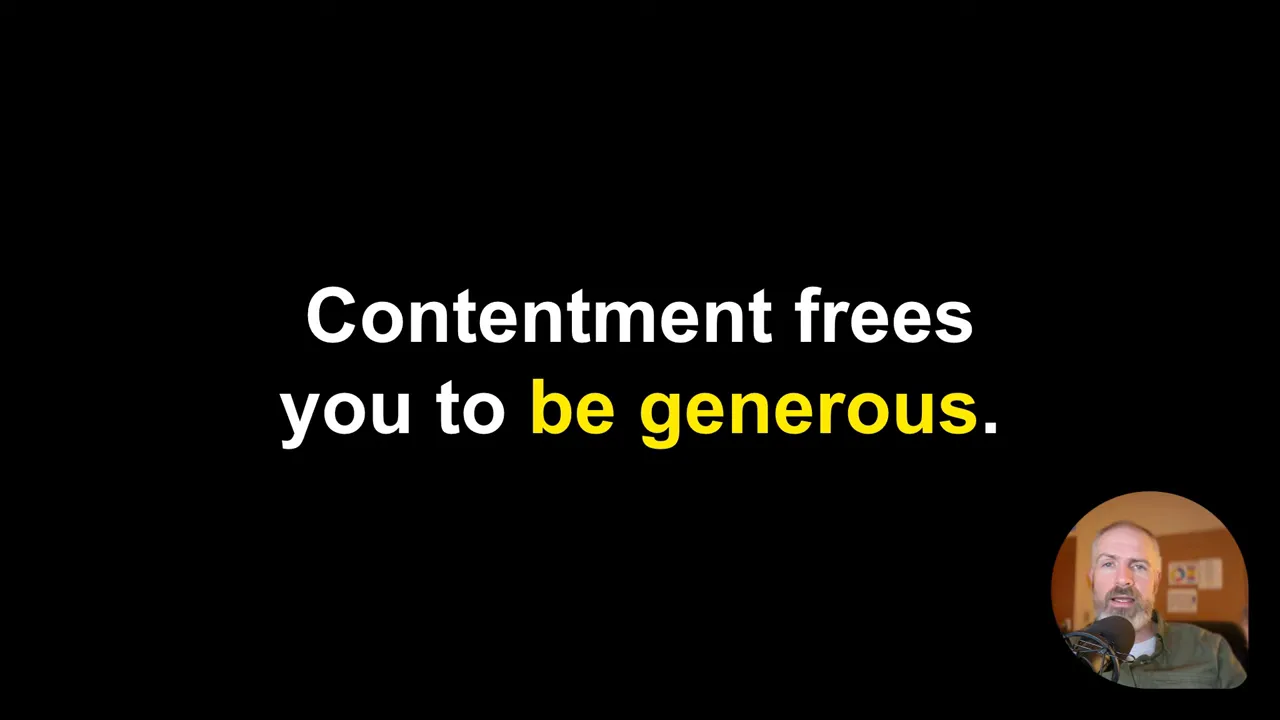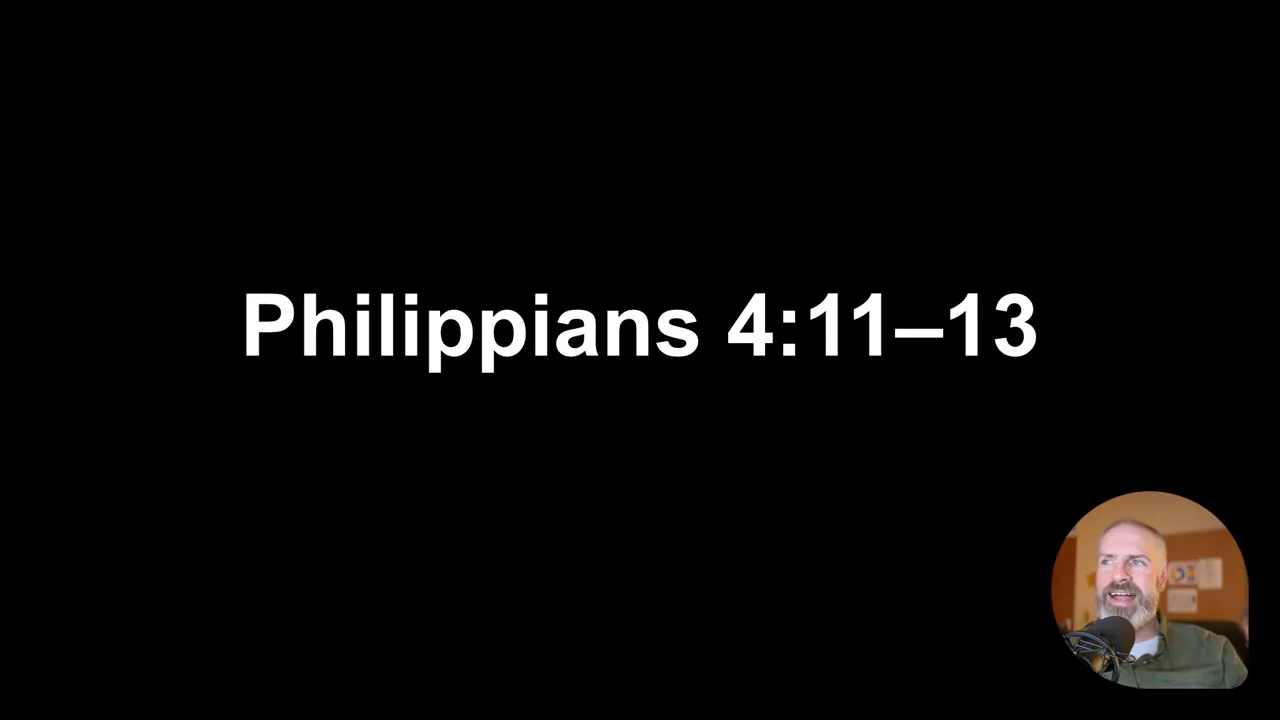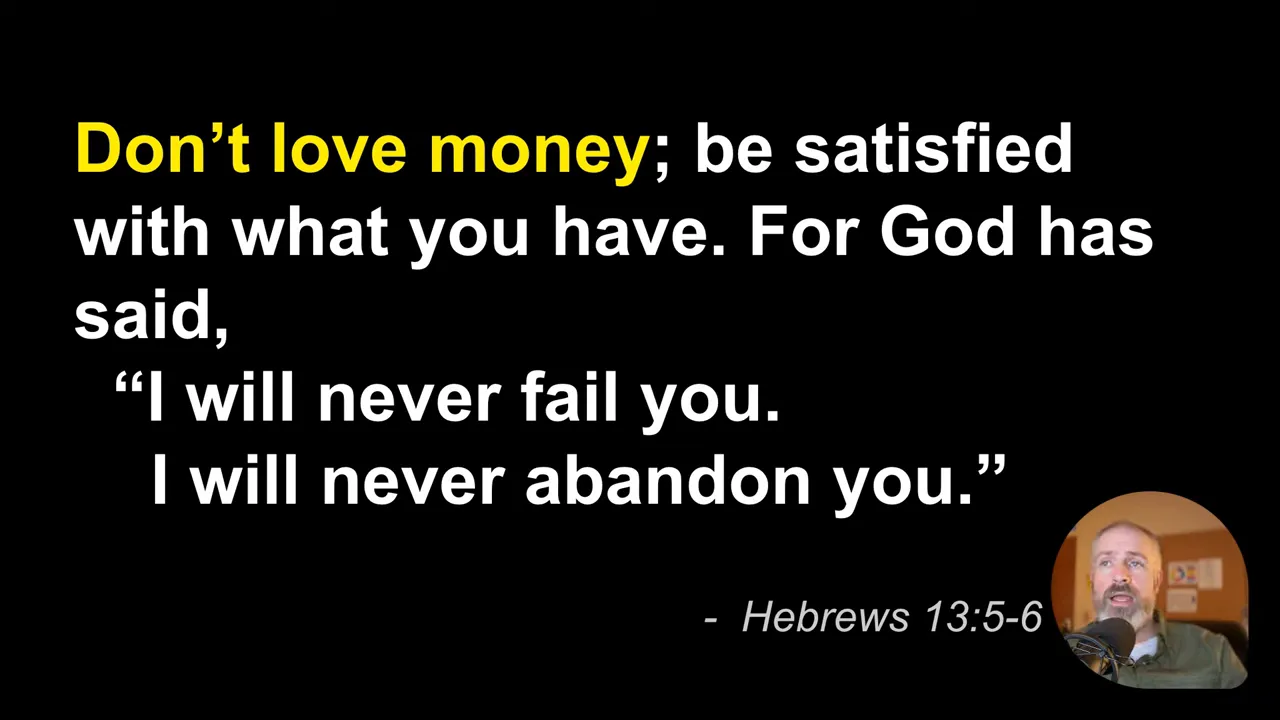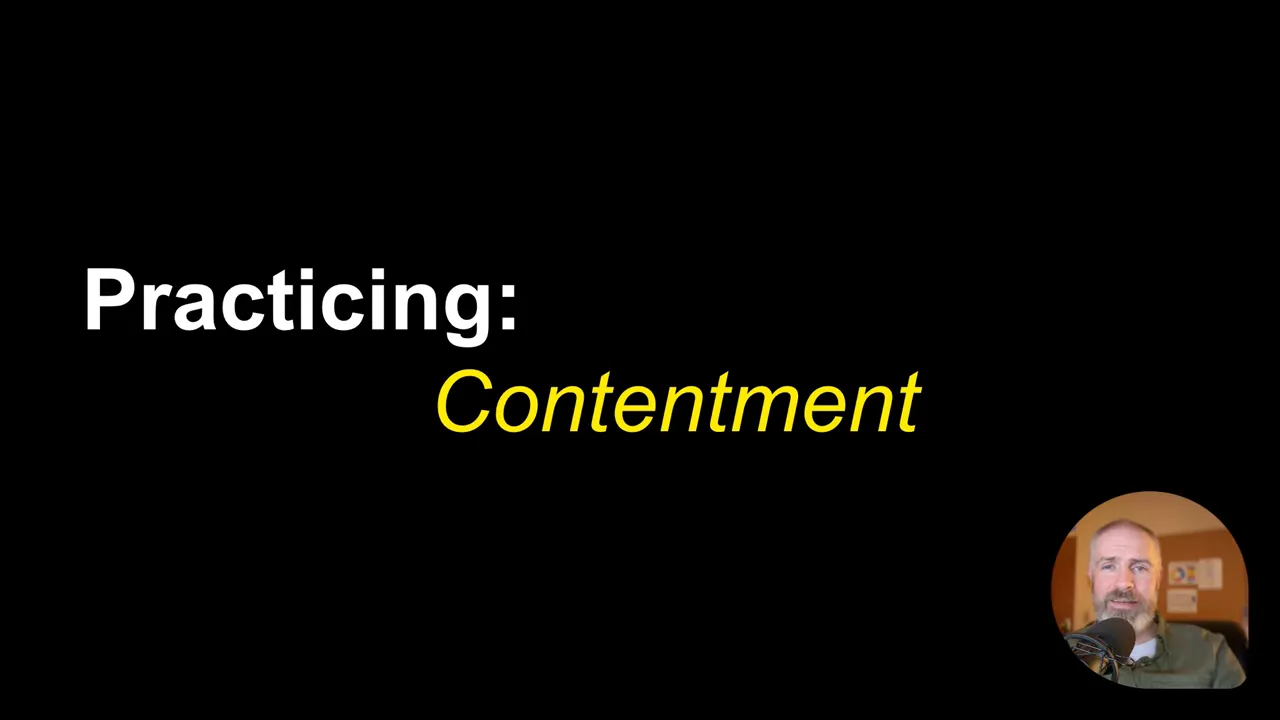Why Contentment Leads to Generosity and True Happiness
Holiday seasons often feel like a slow-motion slide from simple plans to frantic excess. You go into a store for two items and a $25 purchase, and somehow you leave with enough to fill the trunk. The sales, the events, the good intentions—all of it piles up. But what if the single most countercultural move this season is to buy less, put less on the calendar, and cultivate contentment instead? Contentment is not about pretending everything is perfect. It is about learning a posture that frees us to be generous, experience lasting joy, and give thanks in all circumstances.
The Holiday Spiral and Why Contentment Feels Impossible
The world around us is designed to make contentment difficult. Phones, cars, appliances, and even advertising push a steady message: you need the latest thing. Repairing can feel impossible, so replacement becomes the norm. That constant churn encourages dissatisfaction. Add the holiday calendar with extra school events, concerts, and social commitments, and the result is a season that robs people of peace rather than giving it.

When everything around us screams for more, contentment can feel like a quaint relic from another era. Yet that very scarcity of inner calm is the reason contentment matters. Contentment stretches joy. It makes happiness less dependent on circumstances and more anchored to a deep, steady foundation.

Contentment Is a Skill You Can Learn
Paul's words give a surprising and liberating perspective: contentment is learnable and spiritual. He wrote that he had learned to be content "with whatever I have," whether he had plenty or was in need. That is not a smug resignation, but a robust confidence that Christ supplies the strength to live well regardless of external conditions.
"I have learned how to be content with whatever I have. I know how to live on almost nothing or with everything. For I can do everything through Christ who gives me strength."

Out of context, the closing line of that passage is often misapplied. The point is not that you can do anything physically, but that you can endure and be faithful in every circumstance because of Christ’s strengthening. That reorients contentment away from self-reliance and toward a dependence that brings freedom.
Hebrews gives the practical side: do not love money and be satisfied with what you have, because God promises never to fail or abandon you. When contentment is grounded in God's presence rather than in bank accounts or social status, it becomes stable and transformative.
The Generosity Cycle: Contentment → Generosity → Joy
Contentment is not the end point. It is the gateway to a virtuous cycle: when you are content, you are free to give. When you give, you experience joy. That joy then reinforces contentment, and the loop continues.
- Contentment reduces the fear that you will be deprived if you share.
- Generosity redirects blessings outward and builds community.
- Joy grows as you see needs met and relationships deepened.
This pattern can be repeated all through life. It requires fewer dramatic, one-time sacrifices and more steady, intentional living: planning generosity rather than reacting emotionally at the checkout line or during a stressful season.

What Trust Has to Do With Generosity
Trusting that God will not abandon or fail you is the root that makes this cycle possible. When trust grows, fear of scarcity shrinks. Planned generosity flows naturally from that trust. Giving becomes less about obligation and more about embodying a larger story: that we are conduits of good rather than containers hoarding it.
Practical Ways to Practice Contentment
Contentment does not magically appear; it is cultivated. Think of it as tending a garden. It needs sunlight, water, pruning, and sometimes fertilizer. Here are practical steps that help contentment grow and create the space for meaningful generosity.
- Count your blessings. Take time each week to write down or speak aloud what you are thankful for. Keeping a short list helps rewire your default attention away from lack and toward gratitude.
- Identify what you can pass along. Look around your home. What sits unused that could meet someone else’s need? A book, an appliance, a toy. Clearing clutter becomes a spiritual practice and practical generosity.
- Choose planned giving. Schedule a gift through your preferred platform so that emotions at the moment don’t drive your decisions. Planning helps make giving sustainable and intentional.
- Get creative with donations. Selling unused items and directing the proceeds to a cause can be powerful. Organizations exist to accept cars, motorcycles, and other large gifts—often picking them up and turning them into significant support for outreach programs.
- Engage kids in the practice. Children can collect coins or small items and participate in the joy of giving. Early habits shape lifelong generosity.

These practical steps do more than clear physical space. They create a habit muscle: when you regularly choose to give, you rewire priorities and expectations, and joy becomes a byproduct rather than a pursuit.
Planned Giving During the Season
Emotional giving is common during the holidays, but planned giving multiplies impact and prevents impulsive regret. A matching gift period can double the influence of what you choose to commit, turning modest gifts into significant resources for community outreach, weekly ministries, and next year’s programs.

Planned generosity makes your holiday giving strategic. Whether the funds feed the homeless, support children's ministry curriculum, or enable student mission trips, scheduled gifts allow a congregation or group to operate with foresight rather than short-term scramble.
Be a Conduit, Not a Container
Imagine your resources as water flowing through a channel. The goal is not to dam the stream but to let it nourish others. A life marked by contentment recognizes that blessings are meant to be shared. When faith shapes contentment, generosity becomes an extension of worship and an expression of trust in a God who provides.
"Contentment is not a natural propensity of man... Contentment is one of the flowers of heaven, and if we would have it, it must be cultivated."
That cultivation—counting blessings, planning generosity, and engaging others—creates a steady rhythm. Over time, the habit of contentment reduces anxiety, strengthens community, and increases joy.
Final Thoughts
Contentment is not resignation. It is a spiritual discipline that frees you to give without fear and to find joy that lasts beyond a single season. It invites a shift: from hoarding to handing over, from scarcity to trust, and from buying happiness to living it out in relationship with others.
This season, consider practicing contentment as a path to generosity and true happiness. Start small, plan intentionally, and watch how a cultivated heart transforms your life and the lives around you.
